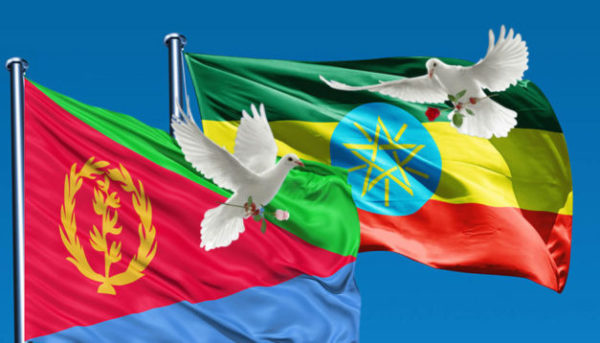Secretary-General António Guterres concluded the second annual UN-African Union Conference in Addis Ababa, as part of ongoing efforts to strengthen relations between the two organizations. Held from 9 to 10 July, the meeting covered issues addressed in the AU-UN Joint Development Framework, including the issue of peace and security.
“We feel the wind blowing in the direction of peace,” he said, referring to recent developments such as the Ethiopian Prime Minister’s historic visit to his rival and neighbor, Eritrea, as well as the peace talks on South Sudan.
“All this gives us hope that the African continent is moving more and more in the right direction in terms of peace and security,” he added, telling delegates that the United Nations can not fail in its negotiations with the continent.
But the UN chief also focuses on what he calls “serious crises” in Africa, where the UN has deployed peacekeeping missions in four countries, namely the Central African Republic (CAR). ), the Democratic Republic of Congo (DRC), Mali and South Sudan.
It reports that the emergence of armed groups and international terrorist organizations such as Boko Haram means that these operations are not involved in “traditional” peacekeeping and underlines the need for more funding, especially for to uphold peace and fight terrorism.
“We must understand that when African troops are fighting terrorists in the Sahel, they are not only protecting the citizens of the Sahel. They protect the whole world. And the world must be in solidarity with Africa, because the African forces protect us all, “he says.
The Secretary-General has also called for greater support for the 2030 Agenda of the United Nations and the 2063 Agenda of the African Union, both of which deal with long-term economic development.
Calls on the international community to take action against the flow of illicit money, money laundering and tax evasion, which cost Africa $ 50 billion each year.
He said: “It is the responsibility of the international community to support Africa to ensure that African resources remain in Africa to support the development of the continent.”
The President of the African Union, Moussa Faki, as well as the heads of DPKO, OSAA, UNOAU, UN Women, ECA and the UNDP Africa Office were present at the meeting.
Contributing to the discussions, Vera Songwe, Executive Secretary of ECA informed the meeting that ECA, through the High-Level Group on Migration in Africa, is addressing the migration agenda in collaboration with IOM, UNCTAD and UNFPA. The Panel is chaired by President Ellen Johnson Sirleaf, former President of Liberia.
“The migration of Africans has dropped from 3% to 2.7% of global migration between 2000 and 2017. With the agreement on free movement of people that 26 countries have already signed, Africa is working on the design and implementation of a migration framework that supports the SDGs, “she says.
On trade support and the African Continental Free Trade Area, she noted that migration and the ZLECA are key levers for Africa’s economic prosperity. As such, says Songwe, “faster economic growth requires both institutions to work together.”



